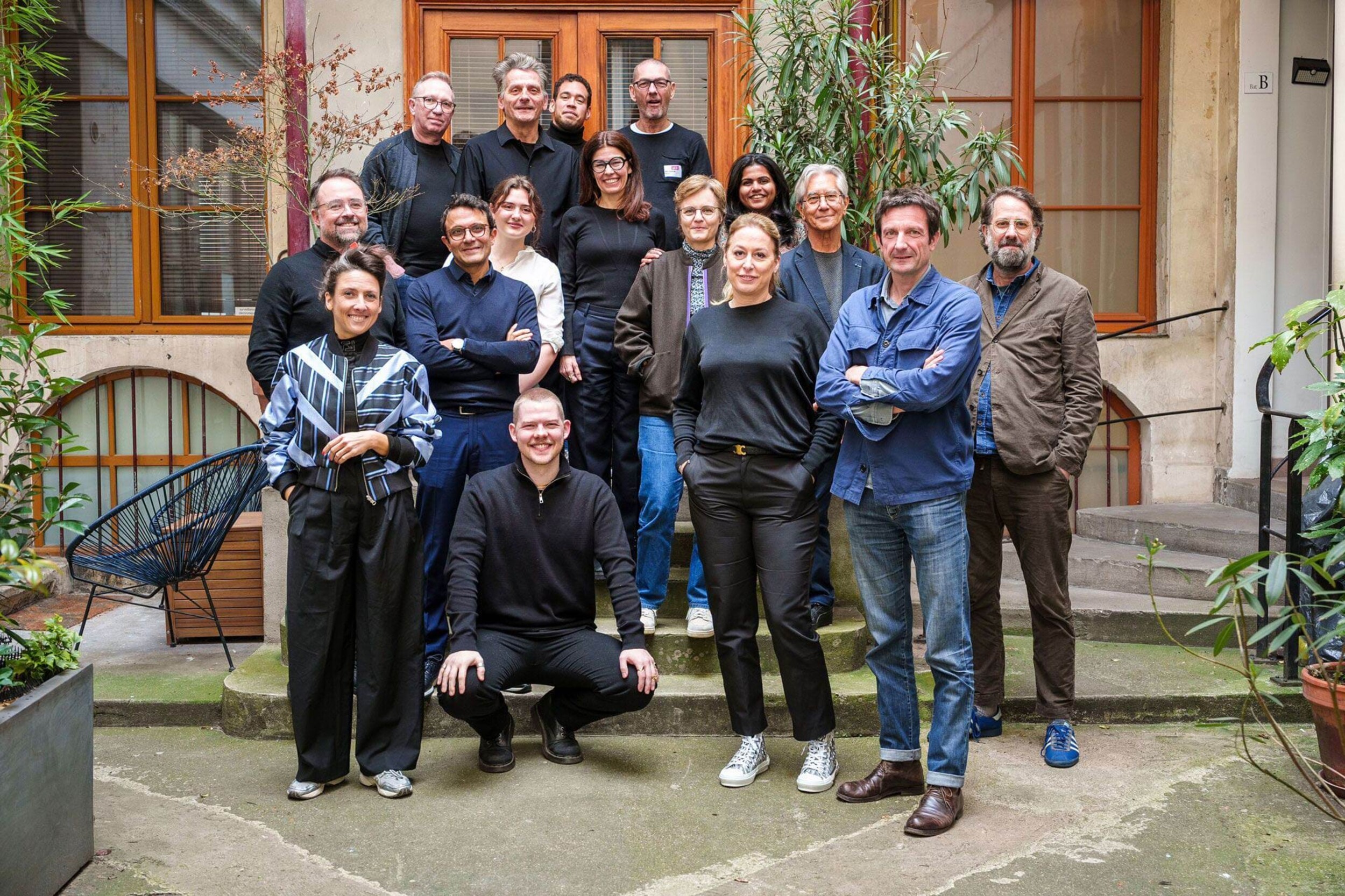On February 24th, 2025, we launched SHIFT: Southern Heritage and Insights for Transformation with our first convening—a focused, hands-on workshop that brought together 30 leading architects, researchers, and change-makers from around the world. The aim: to begin defining a new architectural paradigm rooted in climate-responsive design, cultural identity, and systems-level thinking.
This was not a typical event. It was an honest reckoning with where we've gone wrong and what we must now do differently.
What We Did
- Kick-off Presentation: SHIFT was formally introduced by Christine Lemaitre and Thomas Auer, laying out our mission to amplify regenerative design solutions and accelerate the transition away from extractive building practices.
- Project Spotlights:
The morning session featured three project presentations that helped define the SHIFT ethos.
Ashok Lall shared work from India focused on using local materials like raw earth and passive cooling strategies. He emphasized early engagement with clients and communities to align values and redefine comfort beyond conventional norms.
Nicholas Kaspareck presented projects using bamboo and regenerative materials within decentralized, community-driven construction. He highlighted architecture as a process that empowers people and called for policy support to scale bio-based solutions.
Rosie Paul showcased how training local builders and integrating vernacular knowledge can foster long-term sustainability. Her work emphasized skill-building over material imports and promoted construction as a participatory, adaptive learning process.
Together, these presentations revealed a shared design ethos: use what’s available, build with those who live there, and design systems that can evolve and be scaled. - Collaborative Workshop: In the afternoon, participants shifted into a collaborative workshop phase, diving into four focused working sessions. Together, we examined what types of metadata should be collected to meaningfully evaluate SHIFT projects; how to create incentives that encourage project submissions and student involvement; what roles ambassadors, both individuals and institutions, can play in spreading the SHIFT ethos; and how to handle dissemination, from communicating insights effectively to ensuring the platform supports architects, developers, policymakers, and young professionals worldwide. This session laid the groundwork for SHIFT’s development, emphasizing collaboration, clarity, and global engagement.
Why It Mattered
The Paris kick-off made it clear: the SHIFT we need is not hypothetical. It’s already happening, in projects and communities worldwide. But to move forward, we must connect these strategies, learn from failure, and scale success through collaboration. The event created a powerful foundation for the SHIFT platform, establishing a shared language and strategic direction for future gatherings.
What’s Next?
From this foundation, SHIFT will continue to grow through global convenings, a curated platform for projects, learnings, and policy, and collective efforts toward a just, climate-positive built environment.



